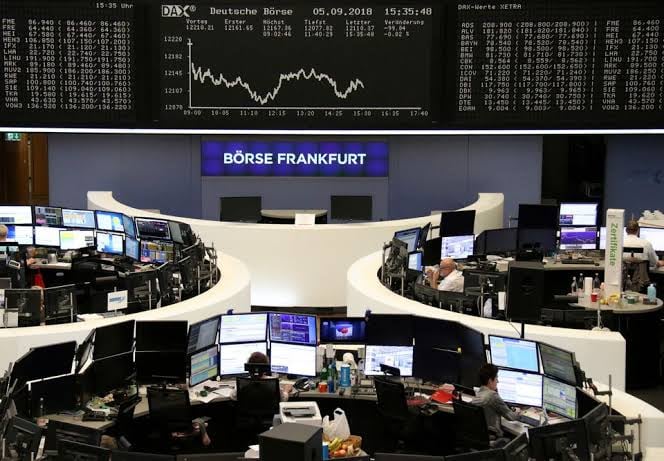Germany's Stock Market Hits New High

The DAX, Germany’s benchmark stock index, reached an all-time high on Wednesday as investors grew in confidence that interest rates will soon be cut.
On Tuesday, the DAX closed at a record high of 16,533 points. That peak was beaten the following day when trading began. The index closed 0.7% higher on Wednesday at 16,656 points, a fresh record.
The index, made-up of the 40 most valuable companies in Europe’s largest economy, has been rising since late October. Since then, official estimates showed that inflation in the 20 countries using the euro had slowed markedly, touching its lowest level in 24 months.
Price rises eased by 2.4% in November. Analysts’ expectations that borrowing costs would remain low received a boost on Tuesday, when the ECB all butruled out further hikes, citing a material fall in inflation. The central bank is currently on track to bring inflation down to its 2% target.
What does this mean for me?
A key survey of purchasing managers, which measuresthe region’s manufacturing and services activity, demonstrated this week that output had shrunk at a lower pace in November than the month prior.
Regardless, the stock market gains are not in sync with the fragile position of the German economy, which has been faring worse than other large European economies like France, Italy and Spain. Germany’s gross domestic product shrank by 0.1% in the third quarter, contrasted with the prior quarter.
More News
.webp)
Canada Shields Steel and Lumber Industries From Tariffs
6 hours ago

Trump Drops Selected Tariffs in Response to Inflation Pressures
2 days ago

Tariffs on Mexico Test Nuevo Leon’s Industrial Momentum
6 days ago

US Moves to Ease Latin American Tariffs as Food Inflation Mounts
1 week ago

Japan Faces First GDP Shrinkage in Six Quarters as Tariffs Bite
1 week ago

India’s Inflation Dip Strengthens Case for RBI Easing
2 weeks ago

Europe Rallies as Shutdown Eases, Earnings Impress
2 weeks ago

Germany’s Trade Surplus Slides as Imports Outpace Exports
2 weeks ago